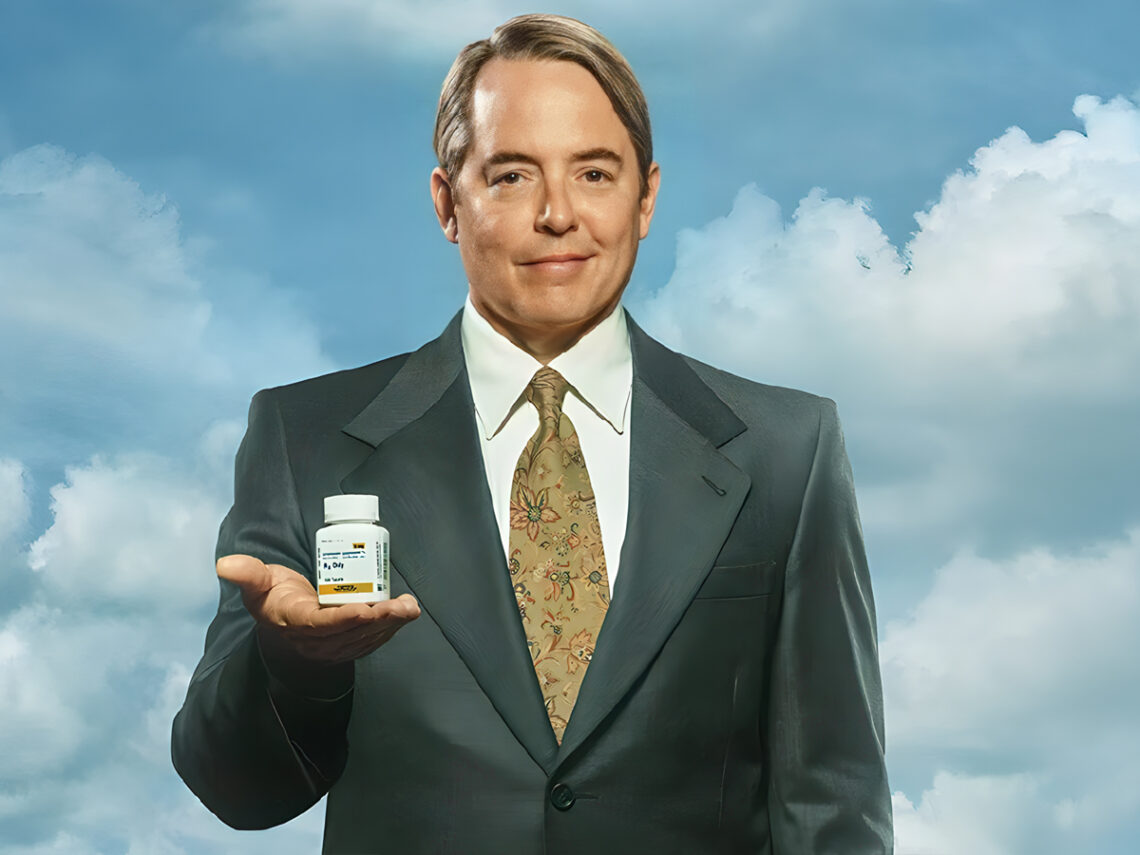Netflix’s latest series Painkiller sheds light on the intricate legal battles surrounding the opioid crisis that emerged in the late 1990s to early 2000s.
At the heart of the drama lies the real-life struggle against the nexus between bureaucracy and corporate greed, centred around the pharmaceutical giant Purdue Pharma and its deadly painkiller OxyContin.
A pivotal real-life person in Painkiller is Rudy Giuliani, a prominent American lawyer, politician, and former mayor of New York City. His involvement in this high-profile case raised questions about his influence over the fate of Purdue Pharma.
On the show, fictional lawyer Edie Flowers, played by Uzo Aduba, fights to bring a lawsuit against Purdue Pharma, painstakingly building a case against them. Yet, despite relentless efforts, the US attorney’s office struck a deal with Purdue Pharma, thanks to Giuliani, that allowed them to walk away from facing the consequences it deserved.
How did Rudy Giuliani come to Purdue Pharma’s rescue in real life?
Giuliani may be a disgraced public figure now, but at the time of Purdue’s rise, he still had a reputation for being a successful lawyer. According to accounts from various sources, Giuliani’s involvement did indeed have a significant impact on the outcome. Initially, he attempted to derail the case to protect Purdue Pharma from prosecution. However, Giuliani’s stance took a turn when he and the Purdue Pharma legal team escalated their concerns to James Comey, the deputy attorney general at the time. This strategic manoeuvre led to a new agreement, one that saw Purdue Pharma plead guilty to charges of fraudulent marketing and misbranding but spared the company from further prosecution over OxyContin.
Perhaps the most contentious aspect of this agreement was the distinction between Purdue Pharma and its parent company, Purdue Frederick. By negotiating with lead prosecutor John Brownlee, Giuliani and his team ensured Purdue Frederick would face the legal consequences instead of Purdue Pharma. This not only prevented Purdue Pharma from being banned from future dealings with the federal government, which, as per The Guardian, oversees public health programs like Medicaid, Medicare, and the Veterans Administration health system.
Giuliani’s efforts also allowed the company’s senior executives—Howard Udell, Michael Friedman, and Paul Goldenheim—who had pleaded guilty to avoid prison time. Instead, they were fined a substantial amount, a collective payout of $34.5million. In comparison, the company faced a heftier penalty of $640million, which was still insignificant compared to the billions the company profited from fueling the opioid crisis.
Purdue Pharma shared a statement with Insider regarding Painkiller, “We have the greatest sympathy and respect for those who have suffered as a result of the opioid crisis, and we are currently focused on concluding our bankruptcy so that urgently needed funds can flow to address the crisis. Under our settlement, Purdue Pharma would cease to exist and Knoa Pharma, a newly formed company with a public-minded mission, would emerge. The settlement would deliver over $10billion of value for opioid crisis abatement, overdose rescue medicines, and victim compensation.”
On August 10th, the Supreme Court temporarily suspended Purdue Pharma’s proposed bankruptcy settlement to bar the Sackler family members from personal liability in lawsuits related to opioids.
